Category:Economics


Why We Need a Flat Tax
June 25, 2024 | Post
While the free market reduces poverty, people criticize it because of economic inequality. Is this the real issue we should focus on?
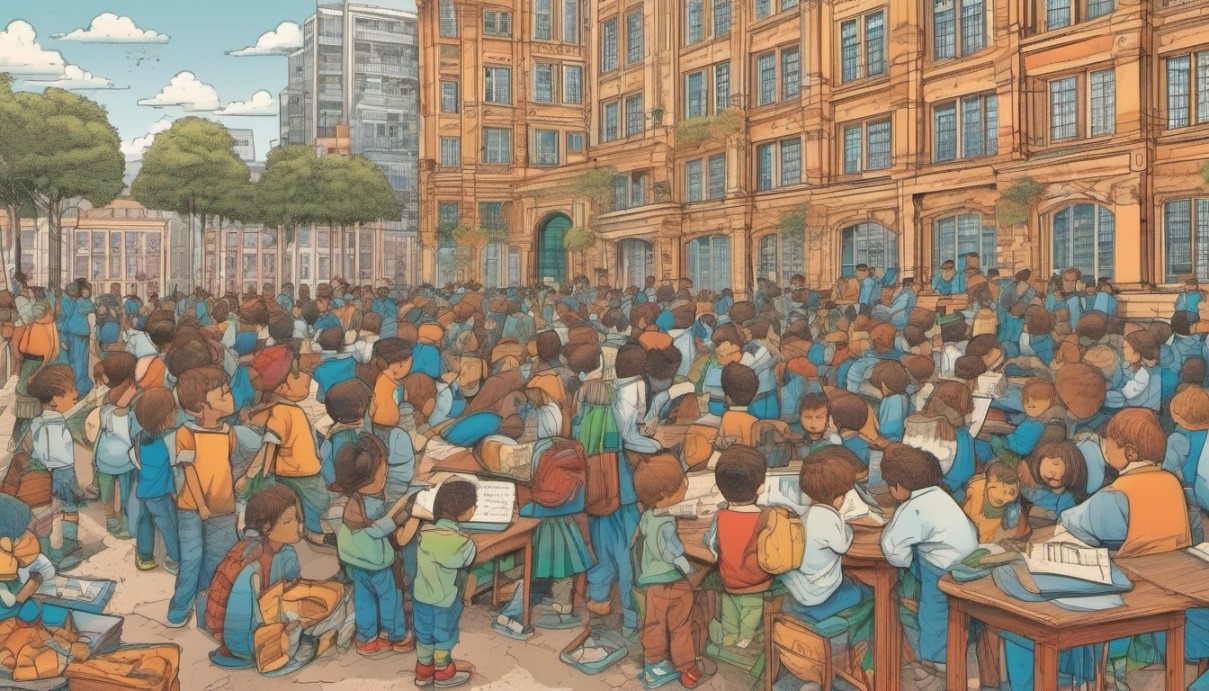
High Time to Rethink High Schooling
June 5, 2024 | Post
Milton Friedman’s vision of school vouchers revolutionized education by fostering choice and competition.

The Economic Impact of the Ukraine War
May 22, 2024 | Post
Over two years since Russia’s invasion of Ukraine, the war’s economic toll is immense: $564.9 billion in infrastructure damage, daily costs of
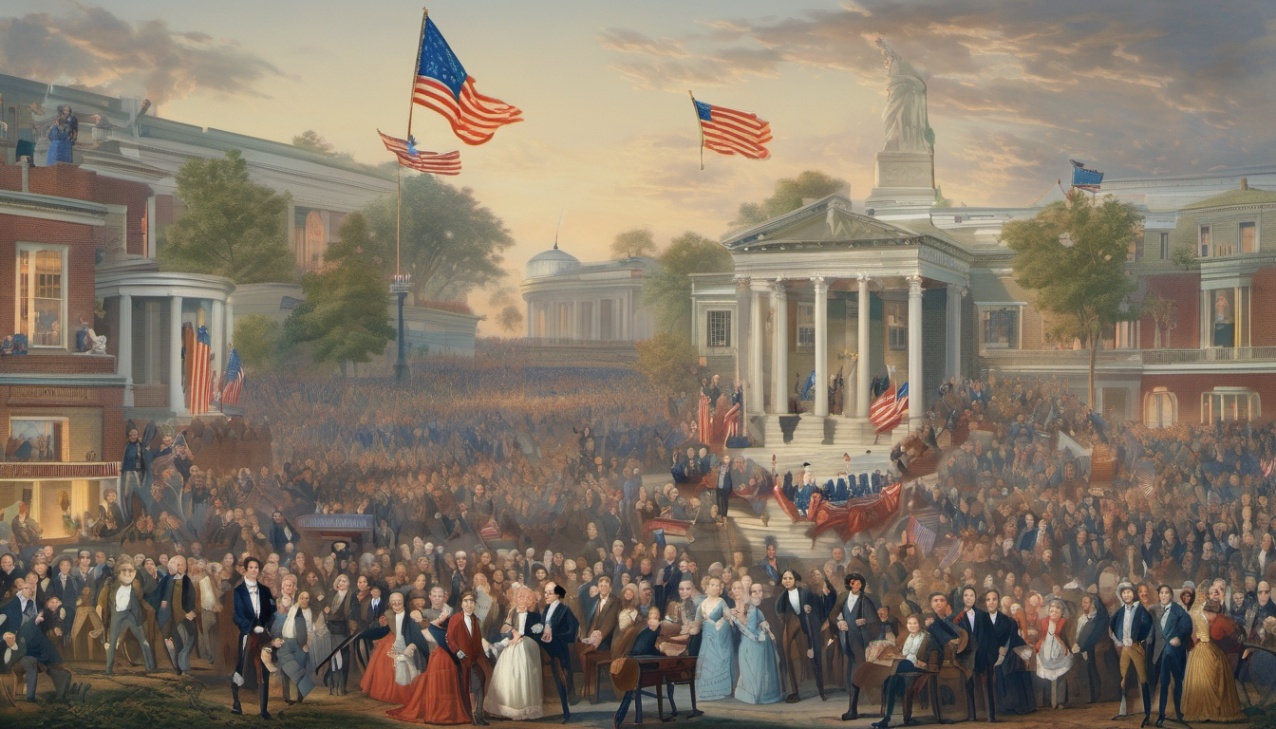
Who’s Running for President in 2024?
April 26, 2024 | Post
Learn more about the lesser-known candidates running for president in 2024 and how pro-liberty folks might assess their positions.
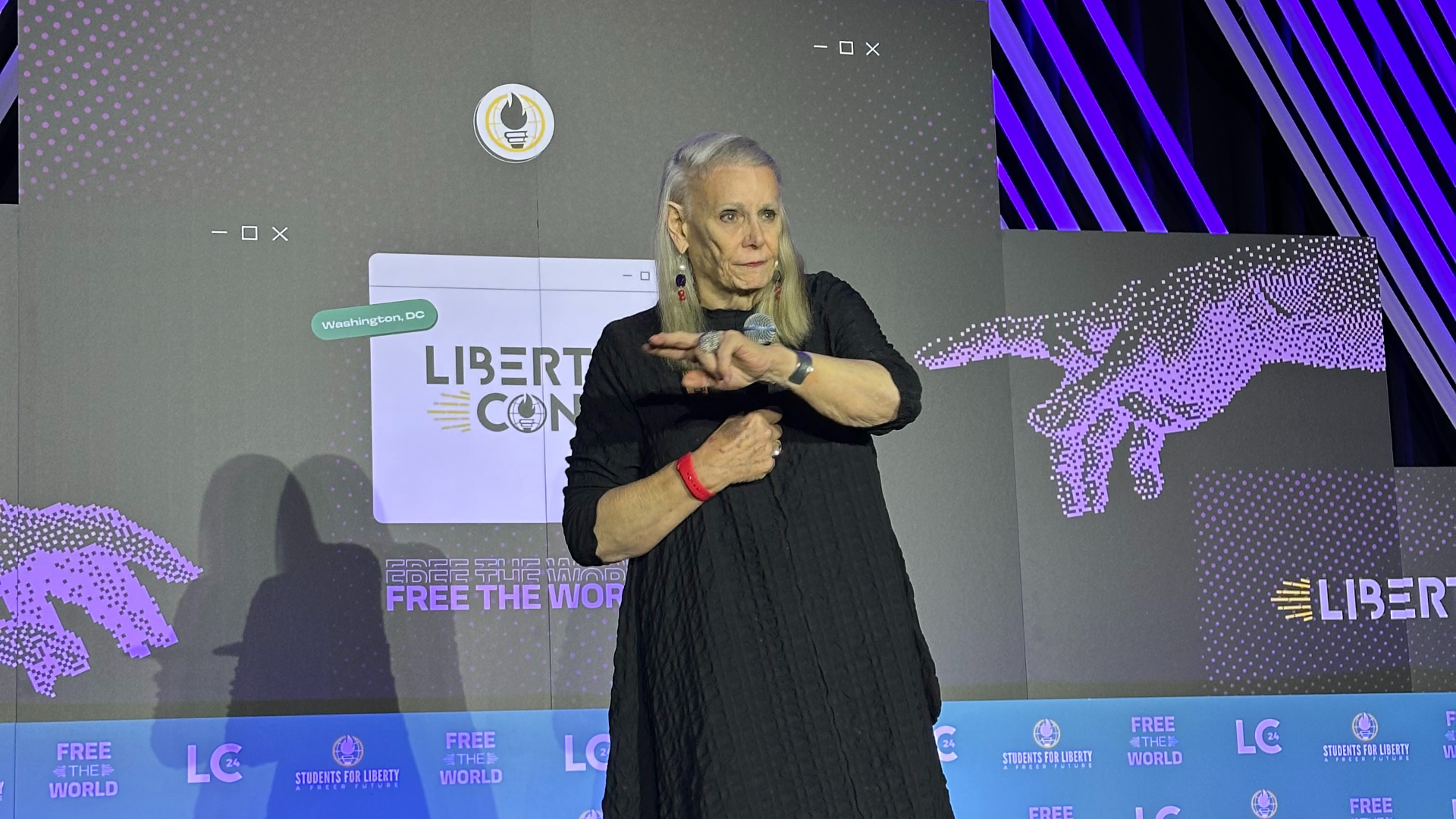
Deirdre McCloskey: ‘The pursuit of freedom has unleashed unprecedented innovation, prosperity, and social transformation’
February 21, 2024 | Post
Deirdre McCloskey, renowned economist and advocate for liberal values, delivered a stirring address at LibertyCon International, captivating attendees with her insights into the importance of liberty in fostering human flourishing and societal progress.

Why is college so expensive?
January 19, 2024 | Post
To find out why college is so expensive and why student debt has reached crisis point, we need to dig deep into a maze of factors that ultimately leave the government with a lot to answer for.

How (true) liberalism made us rich
January 4, 2024 | Post
Today, a hot shower or a cup of coffee brewed in seconds are completely mundane. A journey across continents taking mere hours is, for many, just a normal part of life. Yet, these marvels would have been the envy of even the most affluent in medieval societies, prior to a period we can refer to as the “Great Enrichment.”
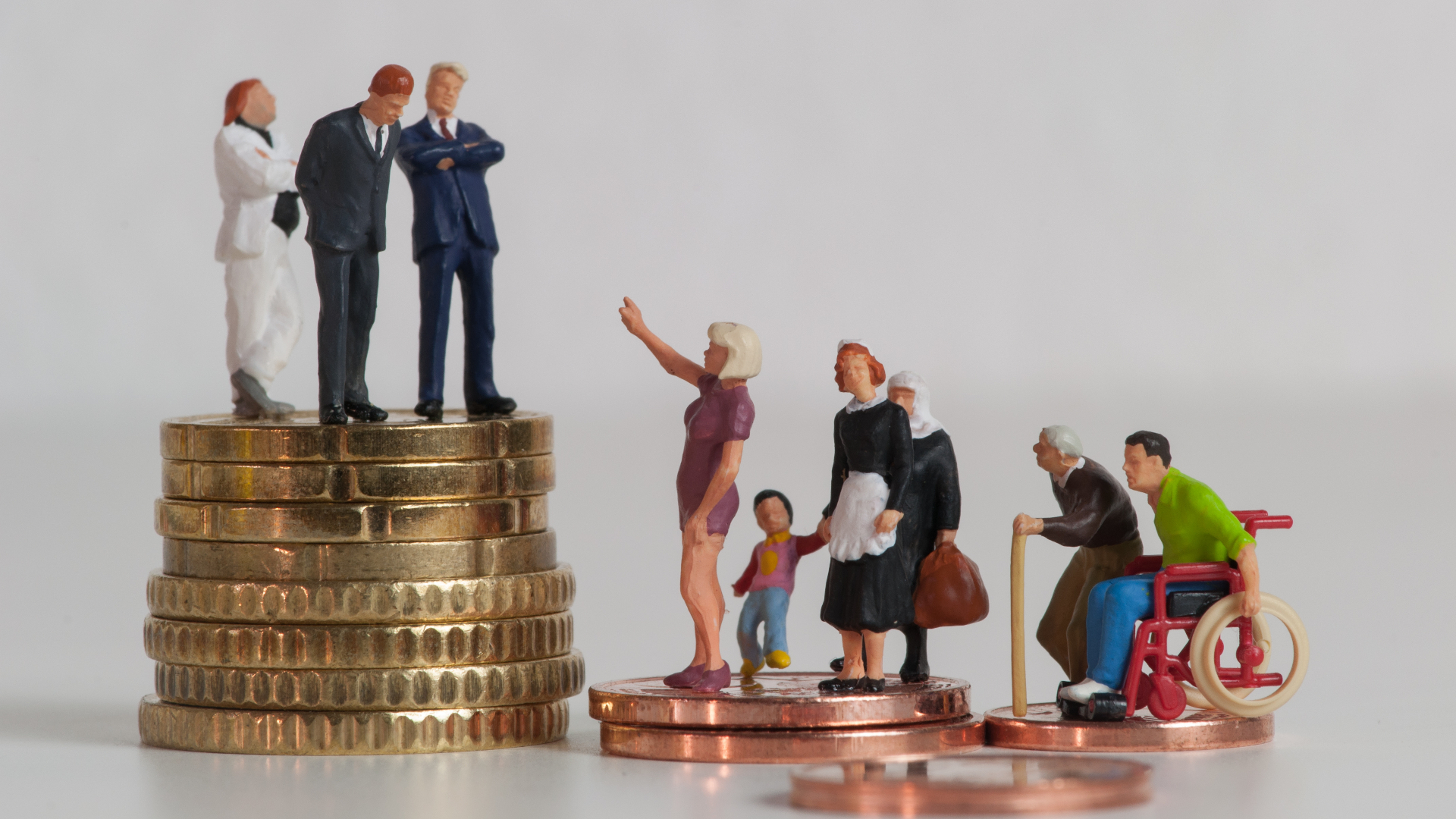
To address poverty, we must forget about inequality
December 18, 2023 | Post
Looking at inequality doesn’t tell us anything substantial about prosperity in a given country. Is inequality the real problem, or is it poverty?

Social Security Myths DEBUNKED:Prof. Davies Takes on Robert Reich
December 18, 2023 | Video
Robert Reich says “the super rich are killing Social Security.” Is he right? Professor Antony Davies gives a resounding NO in this reaction video. We included many of Reich’s relevant clips. Here’s his full video. And if you’d like to see Professor Davies expand on his answers IN PERSON, join Students For Liberty at LibertyCon! […]

How minimum wage laws harm and exclude
December 1, 2023 | Post
Instead of elevating living standards and safeguarding workers from poor conditions and low pay, minimum wage laws lead to unemployment and limit job opportunities. Let’s look at how…

Why trade wars are wars on the poor
November 14, 2023 | Post
In the not-so-distant past, political leaders from both sides of the aisle in the United States held a general consensus on the benefits of free trade.
During their presidential campaigns in 2000, Al Gore and George Bush, despite their differences, at least agreed on the merits of fostering open markets.
Fast forward to the present day and we find Joe Biden and Donald Trump endorsing staunchly protectionist policies.
Let’s explore what caused this complete 180 and who bears the brunt when trade is restricted.

How tax reduction helps combat corruption: lessons from Georgia
November 9, 2023 | Post
The 2003 Rose Revolution marked a pivotal moment in Georgia’s political and economic history. Following new presidential and parliamentary elections, significant pro-market reforms were introduced to address the severe economic condition. The results were remarkable…

Socialism is immoral. This Soviet refugee tells us why
October 20, 2023 | Post
The most compelling case for why socialism is immoral comes from someone with first-hand experience. This is the story of a Soviet refugee, one whose experiences and insights lay bare a truth that challenges the very foundations of socialism.

Javier Milei: a new era for Argentina?
October 17, 2023 | Post
On October 22, Argentina is poised to hold the first round of the 2023 Presidential Elections, determining the successor to the Peronist Alberto Fernandez. Following the primaries, Javier Milei, who describes himself as an anarcho-capitalist, emerged as the frontrunner. Could Argentina be set to embark on a radical new journey?

What would Adam Smith write about now?
October 6, 2023 | Post
In the pantheon of economic thought, Adam Smith stands as a colossus, a philosopher whose seminal work, The Wealth of Nations, fundamentally shaped our understanding of free markets and the power of individual self-interest to fuel societal progress. But what would he write about today’s issues?

Learn Liberty Features: David Friedman
October 3, 2023 | Video
David Friedman, now 50 years on from publishing The Machinery of Freedom: A Guide to a Radical Capitalism, remains an innovative anarcho-capitalist and leading figure of the broader liberty movement. Learn Liberty spoke with him for a wide-ranging interview about everything from his love of poetry to his biggest influences (other than his father, Milton), […]
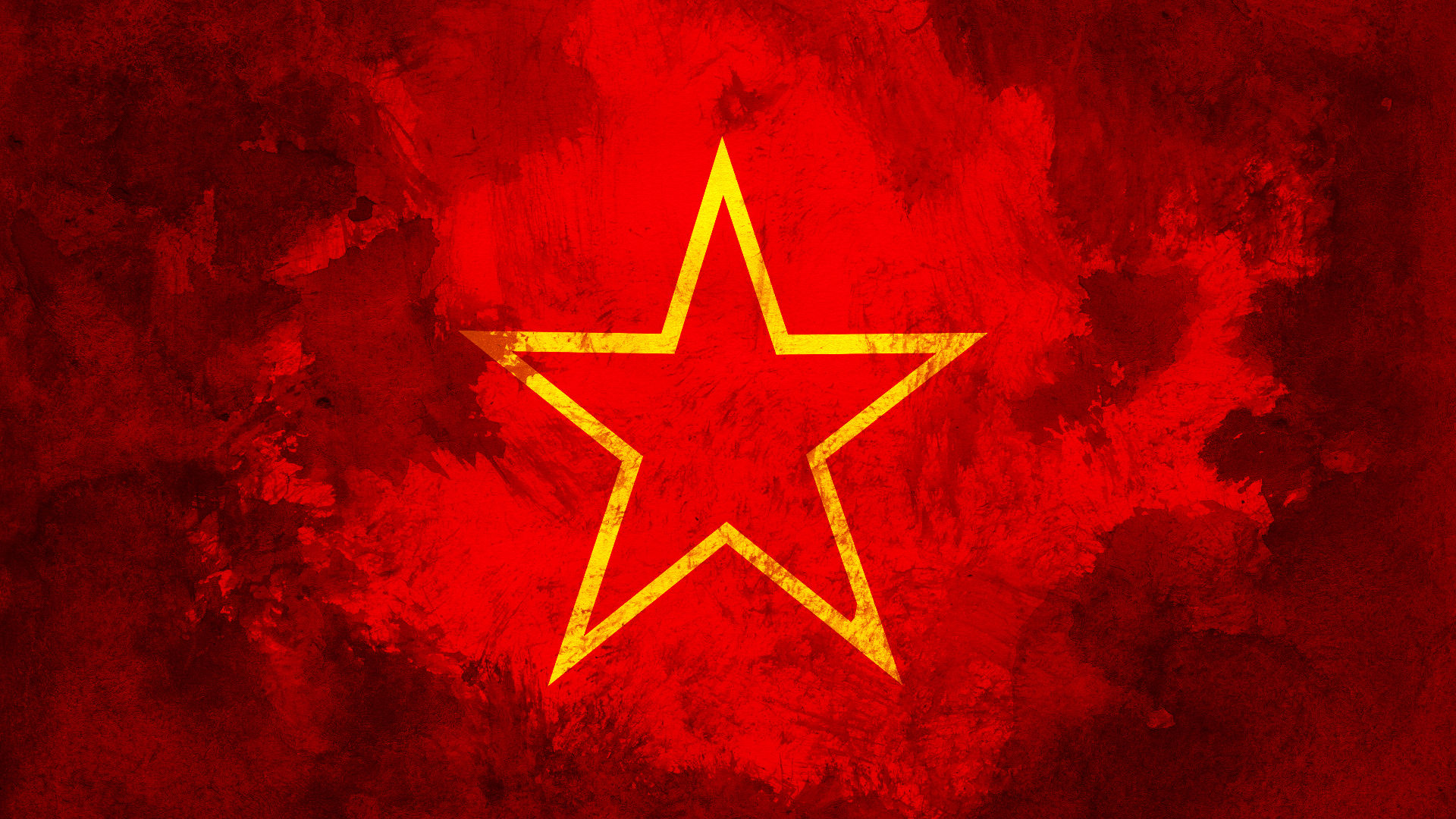
Why is communism still a thing in Portugal?
September 22, 2023 | Post
On March 6, 2021, the streets of several Portuguese cities were adorned with communist flags and other decorations. These scenes looked like they were straight out of the Soviet Union or perhaps a present-day communist country. In reality, though, we’re talking about cities like Lisbon or Porto. But why is communism still a thing in Portugal?
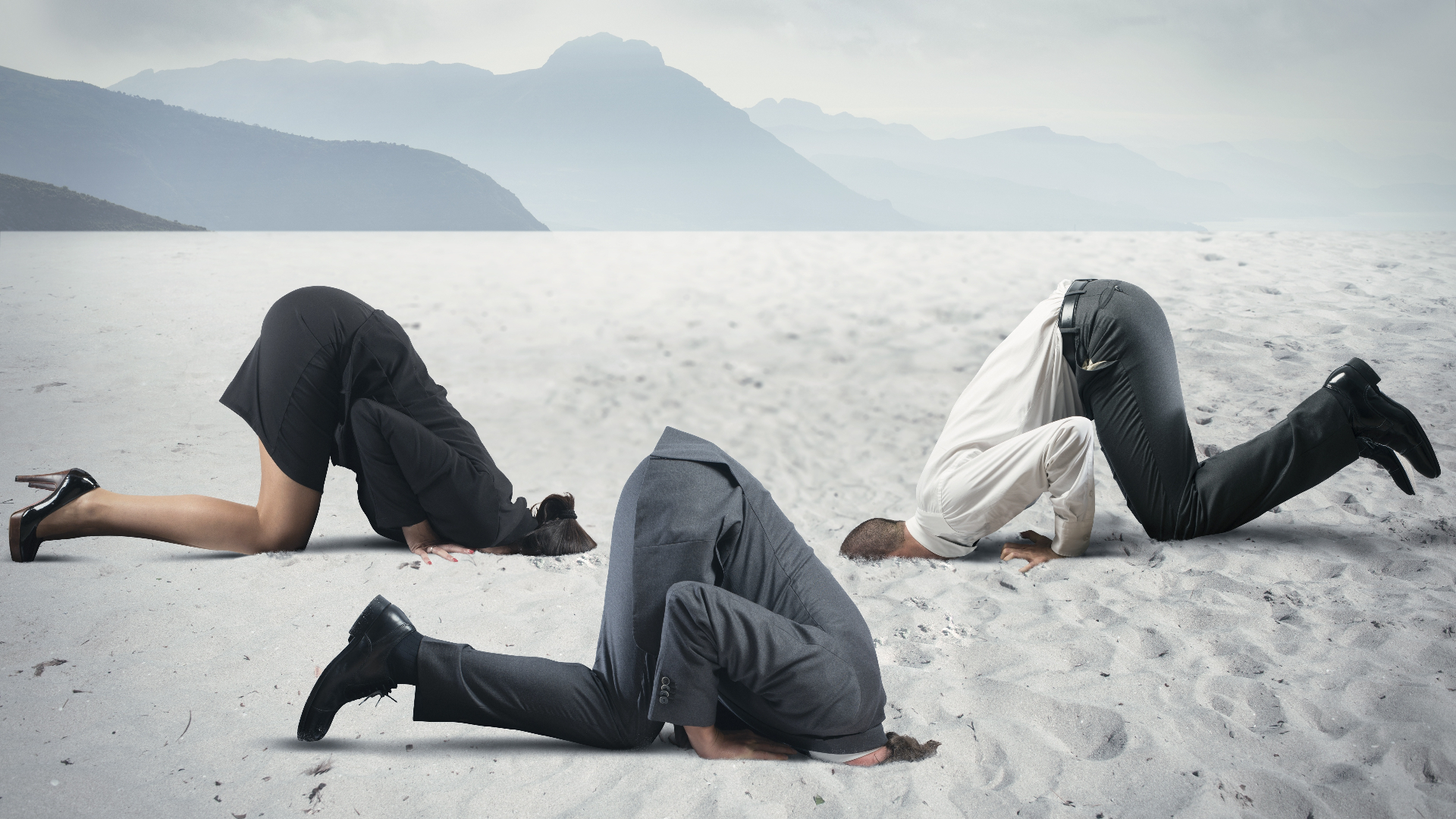
Climate anxiety and sunk costs: flipping the script on ostrich solutions
August 29, 2023 | Post
By striking a balance between support and accountability, while respecting individual liberty and property rights, we can address climate anxiety in a way that promotes long-term resilience and responsible stewardship of our environment. Here are four broad suggestions:

Five myths about antitrust
August 24, 2023 | Post
Antitrust law will likely affect you personally, either targeting a company you patronize or even your employer. With big changes on the horizon for competition enforcement, here are five popular misconceptions surrounding antitrust…

Harmful natural monopoly: the myth that keeps on giving
August 17, 2023 | Post
Understanding that it is governments – not free markets – that create harmful monopolies is monumentally essential in order to harbor a comprehension of basic economic principles.

Five books to understand Austrian economics
August 4, 2023 | Post
Ready to explore the fascinating world of Austrian economics? This article has got you covered! Whether you’re new to the subject or eager to learn more, we’ve handpicked five essential books just for you.
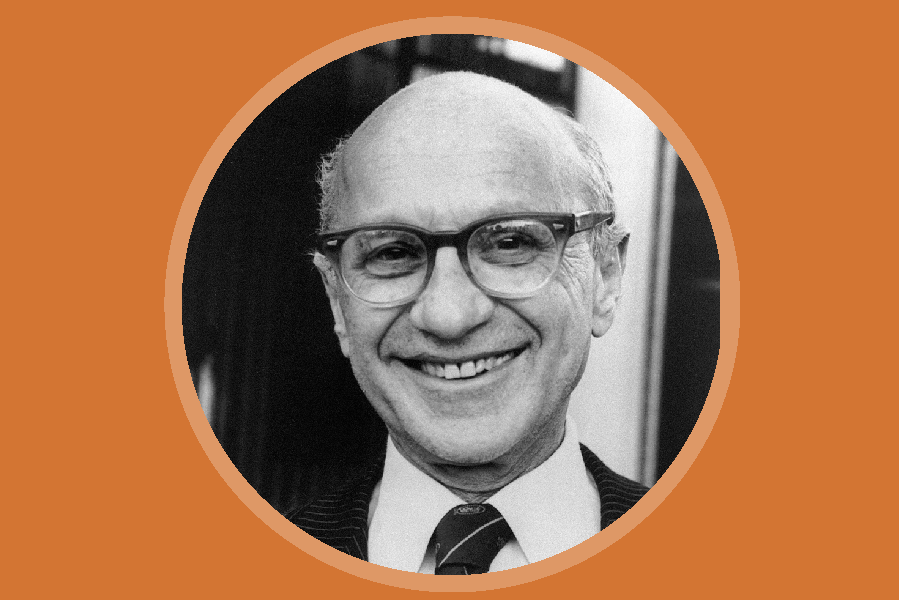
Happy Birthday Milton Friedman
July 31, 2023 | Post
In honor of Milton Friedman’s birthday, let’s review the American economist’s greatest contributions to the advocacy of free market capitalism.

A history of money and the gold standard
July 28, 2023 | Post
The history of money is a story of human ingenuity and economic evolution. From the early days of bartering to the unfortunate establishment of fiat currency to a future rippling with potential thanks to cryptocurrencies, the concept of money has endured a wild ride.

5 Fiscal Policy Myths DEBUNKED
July 24, 2023 | Video
Tom Hogan has worked at the American Institute for Economic Research, the Cato Institute’s Center for Monetary and Financial Alternatives, and was Chief Economist for the U.S. Senate Committee on Banking, Housing, & Urban Affairs. Our Ethan Yang interviewed him and, in the process, Tom debunked 5 widely-held myths about fiscal and monetary policy. For […]

